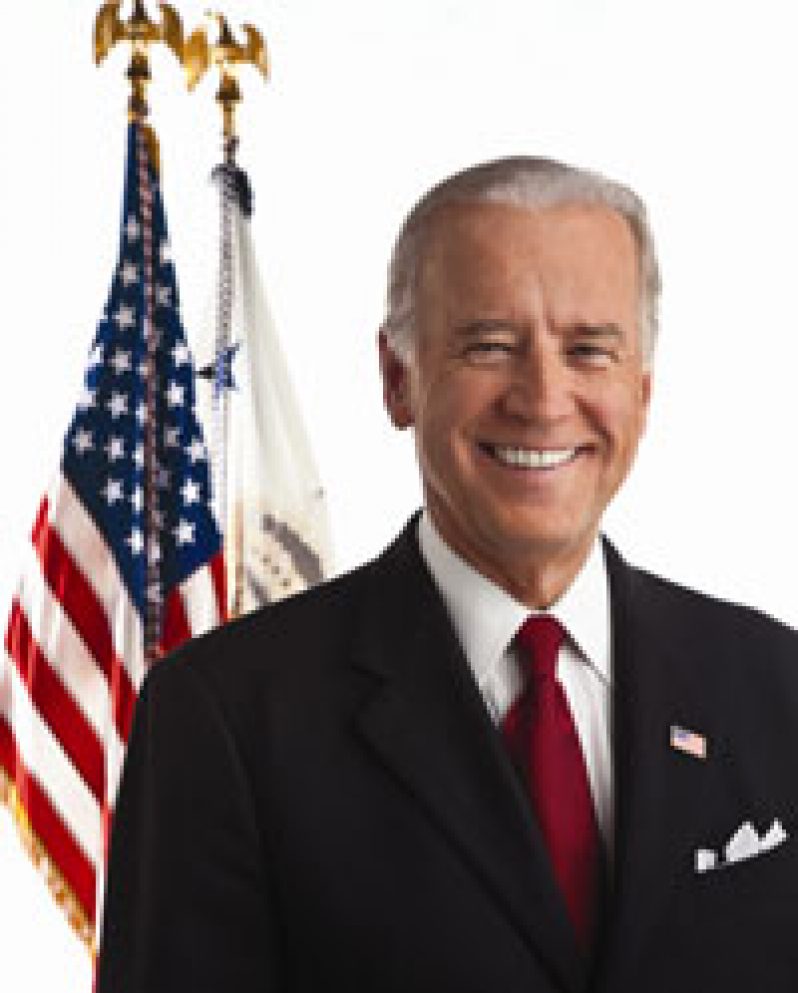Analysis by By Rickey Singh
TRINIDAD and Tobago’s importance to the two most economically powerful countries of the world is being fully displayed this week by virtual back-to-back official visits, first by United States of America (USA) Vice-President, Joseph Biden, followed by that of the Peoples Republic of China’s President, Xi Jinping.
 For those revealing questionable political innocence about these carefully choreographed visits to a small island state, best known internationally for its pace-setting profile in steelband music and calypso, think of oil and natural gas resources and the puzzle quickly unravels.
For those revealing questionable political innocence about these carefully choreographed visits to a small island state, best known internationally for its pace-setting profile in steelband music and calypso, think of oil and natural gas resources and the puzzle quickly unravels.
As the sole energy-based and economically most advanced nation of the 15-member Caribbean Community (CARICOM), Trinidad and Tobago’s playing of host to America’s Vice-President and China’s President must be viewed as more than public relations visits.
The USA, as today’s sole superpower, and China, as the rapidly emerging status challenger, are currently engaged in a strategic competition for economic and political influence in the Latin American-Caribbean Region, long arrogantly viewed by the USA as its expanded “backyard”.
And it so happens that comparatively little T&T – which had long ago secured international recognition for its pan music as the “original sound of the 20th century” – has both oil and natural gas – commodities quite helpful to fuelling economic and political influence in any continent.
It is also relevant to observe that its energy resources also enable Trinidad and Tobago to maintain its lead role in trade and investment in the economies of CARICOM partner states.
Both the USA’s Biden, who was scheduled to end his estimated 20-hour visit last night, and the coming three-day visit, starting Friday by China’s Jinping, may yet prove useful in the long-term for Trinidad and Tobago and, by extension its CARICOM partners.
HURRIED ARRANGEMENTS
Given the hurried arrangements that had to be made by her CARICOM colleagues to accept the invitation to meet with Vice-President Biden in Port-of-Spain, yesterday, for a few hours of discussion and lunch – including the signing of a Trade and Investment Framework Agreement (TIFA) – it is perhaps an expression of the desire by all Community partners to maintain good relations with T&T as well as the USA – more than the outcome of much practical significance in the short or medium term.
After all, given the history of trade and economic relations between the USA and CARICOM, via varied mechanisms over the years, how much thinking really went into drafting the so-called TIFA?
The cynics could well ask what’s the practical value of TIFA, which is to comprise a lead official from CARICOM and one from the Office of the U.S. Trade Representative to meet once a year, when the administration of President Barack Obama has been failing to effectively remove unfair barriers to Caribbean rum on the US market?
Further, neither the U.S. President, nor his Vice-President could honestly be unaware of CARICOM Heads of Governments’ anxiety for a summit in Washington since Obama’s first-term. However, while in the case of Biden’s visit to Trinidad and Tobago – as part of his work programme in Colombia and Brazil – the agenda for Port-of-Spain included at least a hurried meeting also with CARICOM Heads of Government. But NO such interest has been exhibited by China’s President.
However, while in the case of Biden’s visit to Trinidad and Tobago – as part of his work programme in Colombia and Brazil – the agenda for Port-of-Spain included at least a hurried meeting also with CARICOM Heads of Government. But NO such interest has been exhibited by China’s President.
Yet, President Jinping must be aware of the long, historical Chinese presence and influence in the economic,social and political culture in our Region – and quite significantly so, not just in Trinidad and Tobago but also Guyana and Jamaica.
Perhaps before he leaves the CARICOM Region, following visits to South Africa and Brazil (both members of the ‘BRIC’ bloc of states involving those two plus Russia, India and China), President Jinping may at least wish to express his own interest in future relations with CARICOM as this Region’s economic integration movement.
It is to be hoped that in his coming informal summit with President Obama, scheduled to begin at month end, both the American and Chinese leaders would steer away from the arrogance that, regrettably, expediently takes small states for granted, even when not viewing them as being in anyone’s “backyard”.



.jpg)









